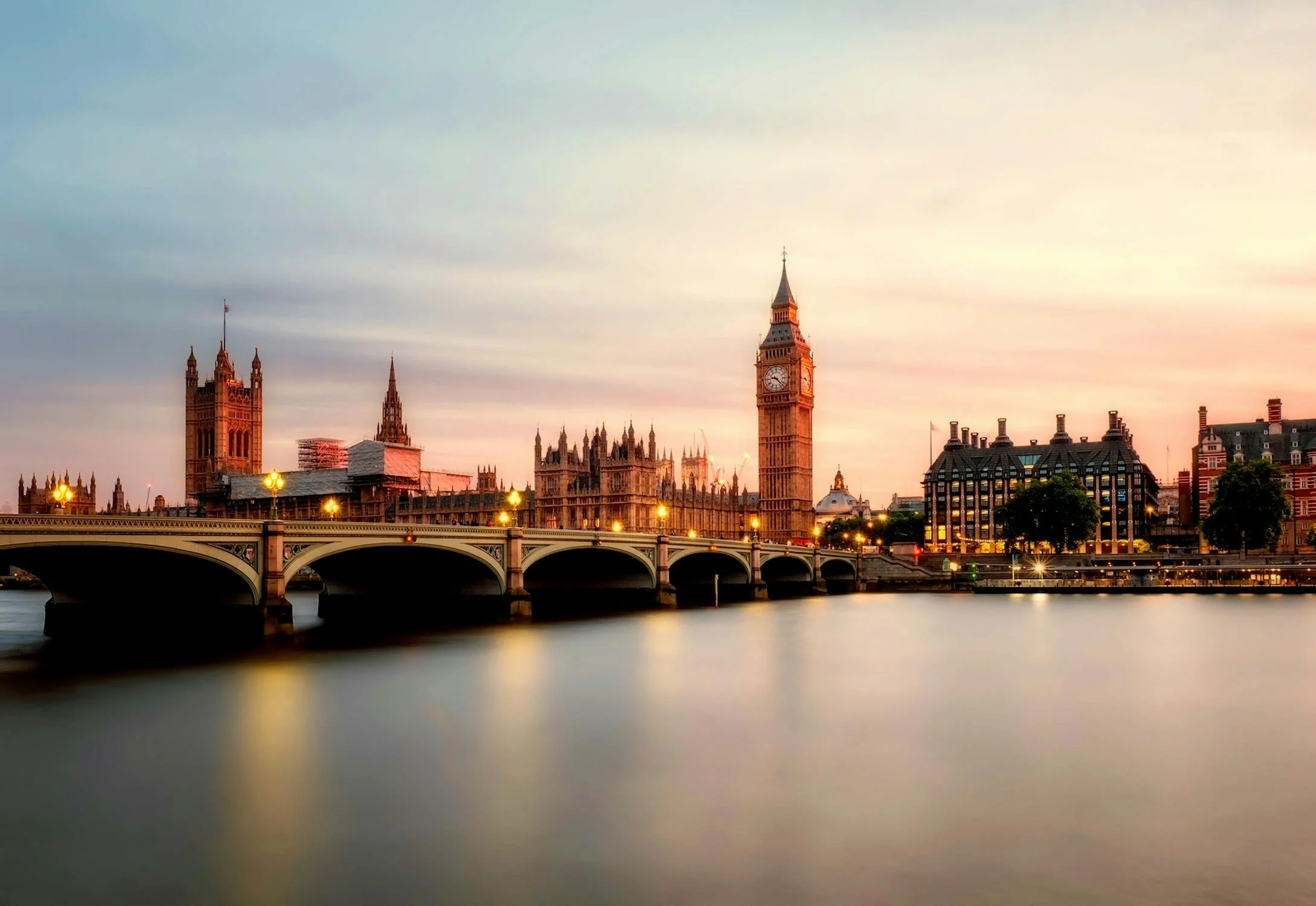1.6K
Exploring the Cultural Heritage of the United Kingdom
The United Kingdom, comprising England, Scotland, Wales, and Northern Ireland, boasts a rich tapestry of cultural heritage that spans thousands of years. This heritage is not only preserved in its architecture, literature, and traditions but also dynamically lived through its contemporary culture. Here's an exploration of the UK's cultural legacy:
Historical Foundations
-
Roman Influence: The Romans left a significant footprint, especially with structures like Hadrian's Wall and the city layouts of London and Bath. Their influence on language, law, and infrastructure remains palpable.
-
Anglo-Saxon and Viking Contributions: The tapestry of British culture was further woven by Anglo-Saxon kingdoms, with their legacy in place names, language, and folklore. Viking invasions added Norse elements to this mix, influencing dialects and legal systems, particularly in the north.
-
Norman Conquest: The 1066 Norman Conquest by William the Conqueror introduced feudalism, Norman architecture (like castles and cathedrals), and a significant French influence on the English language.
Architectural Marvels
-
Gothic Architecture: The UK is home to some of the finest examples of Gothic architecture, including Westminster Abbey and York Minster, showcasing pointed arches, ribbed vaults, and flying buttresses.
-
Georgian and Victorian Eras: These periods brought about elegant townhouses, the grandeur of railway stations, and the ornate public buildings that define much of London's skyline.
-
Modern Architecture: The 20th and 21st centuries have seen the UK embrace modernism and postmodernism, with landmarks like the Shard, the Gherkin, and the Eden Project in Cornwall.
Literature and Language
-
Literary Giants: From Shakespeare to Dickens, the Brontë sisters to J.K. Rowling, the UK has given the world a literary tradition that explores the human condition in myriad ways.
-
English Language: The global spread of English has its roots in the UK, evolving through centuries of influence from Latin, Norse, French, and many other languages.
Music, Arts, and Performance
-
Classical Music: Composers like Benjamin Britten and Edward Elgar have left a lasting legacy, with institutions like the Royal Opera House nurturing the arts.
-
Pop Culture: The UK's impact on modern music includes The Beatles, The Rolling Stones, and more recent phenomena like Adele and Ed Sheeran. British pop culture also encompasses influential TV shows, films, and theatre, including the world-renowned West End.
-
Folk Traditions: Each region has its own music, dance, and storytelling traditions, from Scottish ceilidhs to Welsh male voice choirs.
Traditions and Festivals
-
Royal Ceremonies: Events like the Changing of the Guard, Trooping the Colour, and royal weddings captivate audiences worldwide, maintaining a link to historical monarchical practices.
-
Festivals: From the Edinburgh Festival Fringe, the world's largest arts festival, to local celebrations like the Notting Hill Carnival, Britain's cultural calendar is rich and varied.
-
Sports: Football (soccer), rugby, cricket, and horse racing are not just sports but cultural phenomena that bring communities together.
Cuisine
-
Traditional Dishes: The UK's culinary heritage includes roast dinners, fish and chips, and scones with clotted cream and jam. Regional specialties like haggis in Scotland or Welsh rarebit add to the diversity.
-
Modern British Cuisine: Chefs like Heston Blumenthal and Jamie Oliver have revitalized British food, blending tradition with innovation.
Cultural Preservation vs. Evolution
The UK faces the challenge of preserving its heritage while embracing modern changes. This includes:
-
Museums and Galleries: Institutions like the British Museum, Tate Modern, and the National Gallery actively work to preserve and reinterpret history.
-
UNESCO Sites: With 33 UNESCO World Heritage Sites, the UK is committed to safeguarding its cultural landmarks for future generations.
-
Cultural Integration: As a multicultural nation, the UK continues to evolve, integrating new cultural practices while maintaining a dialogue with its past.
Exploring the cultural heritage of the United Kingdom is to embark on a journey through time, where each step reveals layers of history, art, literature, and tradition. It's a living heritage, constantly being written by the people who call this island home, making it a vibrant part of global culture. Whether through its ancient stones, the rhythm of its poetry, or the melodies of its music, the UK's cultural heritage is a testament to the enduring human spirit.




Comments (0)